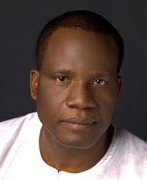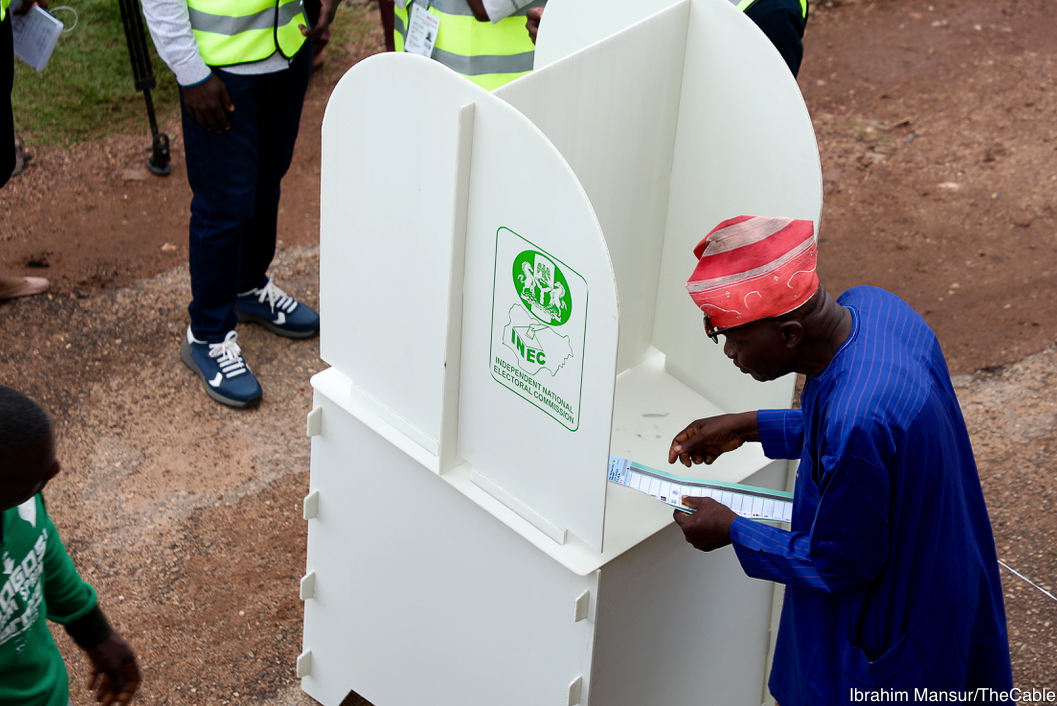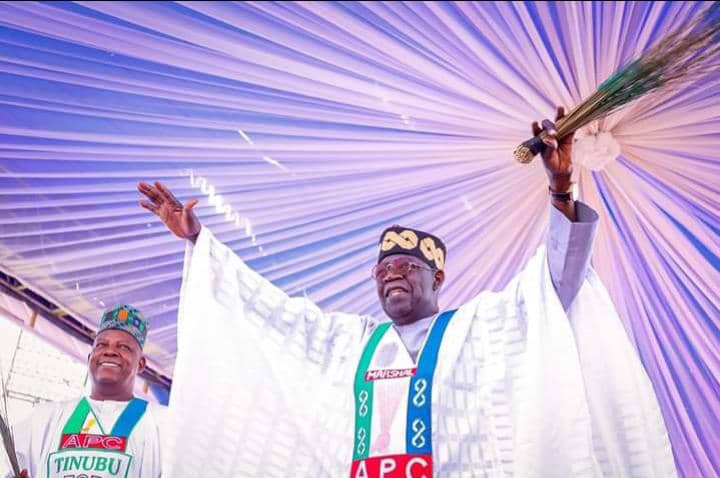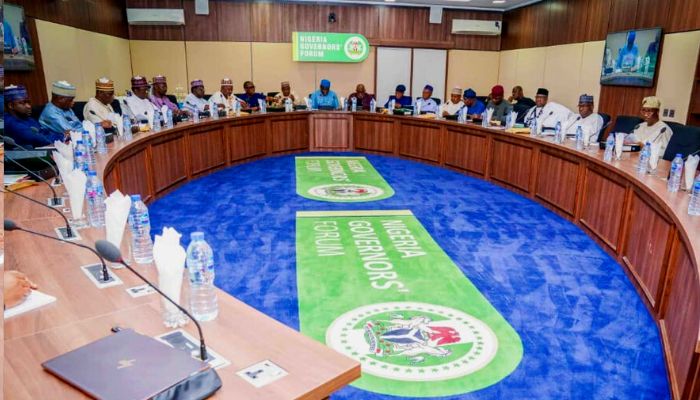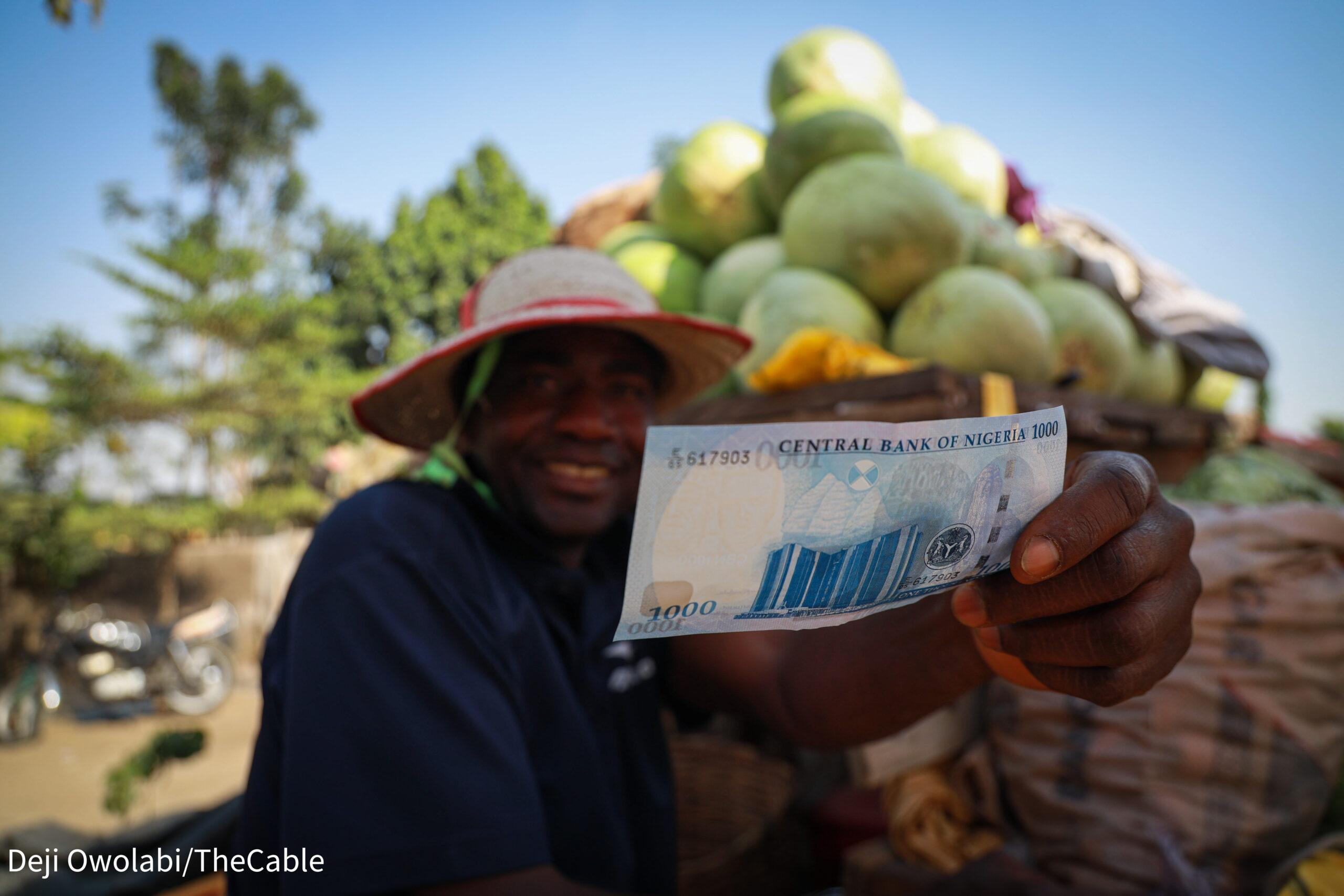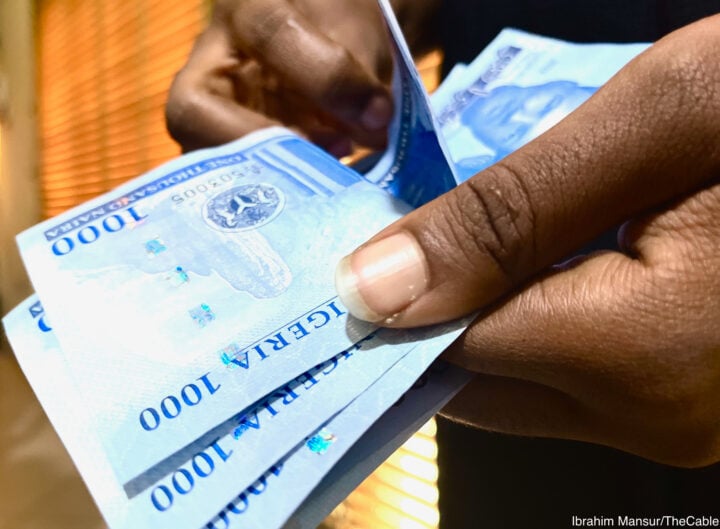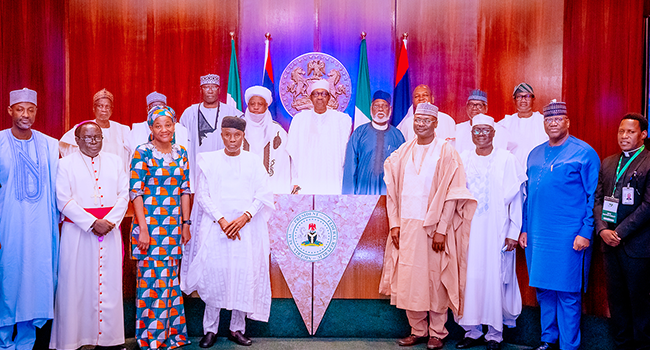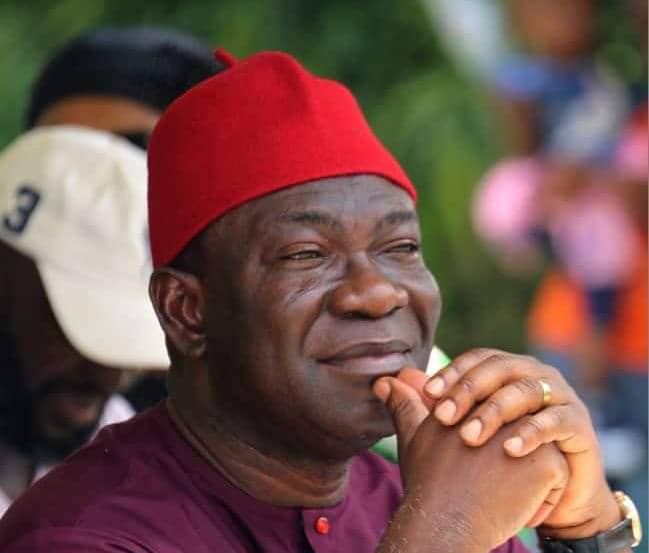It is common to hear public intellectuals lament that re-reading essays written years ago would seem as if they are commenting on contemporary events. Perhaps, all you need to do to a column done a decade ago is changing the date and making a few updates and the piece would be like a current commentary.
The import of this is that the socio-economic and political problems that were the bases of commentaries in the past have essentially persisted to the present time. Seasons may change; but the issues hardly change.
In a way, this is a point made by a fellow columnist, Simon Kolawole, in his well-produced and dramatically entitled book, Fellow Nigerians, It’s All Politics: Perspectives on the Nigerian Project.
Now, as an aside, there is something ideologically problematic about referring to a country as a “project.” Nigeria is not a project. It’s a neo-liberal categorisation to say that a country is a project, for implicit in the definition of a project is that you can even project into the time of its completion. Is it conceivable that any generation could ever complete the “project” of a nation? However, a reading of the essays would rather show Kolawole’s well informed perspectives on nation-building and development, and not a project. A century ago, almost a quarter of the world was under the British Empire. The empire stretched from Australia in the far east to the tropical nation of Jamaica in the west. Today, the United Kingdom is still grappling with challenges of nation-building and material issues of development as reflected in the energy crisis and cost- of -living strikes in the country. Recent news from Britain would normally be expected from a “third world” country. In effect, even Great Britain is not a project that’s completed. So much for the idea of a nation as a project!
Advertisement
Today’s column borrows its caption from the title of Kolawole’s 336-page book. Most of the essays embodied in the book have appeared on this page, although Kolawole expectedly did further editing on the essays in the book form. Kolawole usually addresses “Fellow Nigerians” as if he is making national broadcasts in his column! The themes explored in the pieces, written over a period of almost 20 years, are as far ranging as leadership, nation-building, political economy, development the psychology of politicians. In his highly insightful style and deliberately optimistic tone, the author provides historical contexts to issues.
As the electoral ferment engulfs the land, Kolawole’s book would make a refreshing reading as a reminder of what happened before in history and is still happening, albeit in different forms. Here is the kernel of Kolawole’s message to his fellow Nigerians: “The politics of purpose is often missing, giving way to prebendal politics and politics of pulling the wool over people’s eyes through a highly marketable sectional sentiments. Playing politics the right way- that is, for the greater good of the society- is critical to addressing the political, social and economic issues.”
In fact, many of those who are active in the public sphere in this season, but lacking a good knowledge of the historical contexts of things happening, will particularly find the book useful. This is because the build-up to this year’s elections is a proof that no two elections are the same despite some commonalities one election may share with the previous one. At least, one thing that the 2023 elections share with the previous ones is that “it’s all politics.” The sharp divergencies which are manifested in the campaigns are not primarily about policies. Political publicists are more comfortable attacking personalities rather than debate policies. Incendiary statements are issued daily. But the statements are not about issues. Criticisms have degenerated into hatred. Pronouncements on the immediate future of Nigeria are made in absolute terms as if February 25 will be the end of history.
Advertisement
Well, this reporter can also volunteer his own prediction too: there will be life after the elections despite the extreme positions of the publicists.
Meanwhile, arguments are often mechanically presented in binary terms of hell and paradise. It does seem that for some publicists Nigeria will become a paradise if their candidate wins while the nation would turn into hell if the candidate they oppose is victorious. Yet, the realistic projection is that whoever wins, by this time in 2027, when another election fever would be on, Nigeria will neither be a paradise nor a hell. There are, of course, a lot of possibilities between the two extremes being falsely presented by some propagandists as the only options. In a probably idealised way of putting things, the electorate would make informed choices hoping that if their preferred candidate wins the quality of lives of the people will be relatively better in four years from now.
The February 25 election will be the 10th presidential election since 1979 when Nigeria adopted the American-style presidential system while dumping the British-like parliamentary system. Of the nine presidential elections the nation has had, six have taken place in this Fourth Republic.
In the previous presidential elections phrases such as “make or mar,” “do or die” and “ the coming of Armageddon ” were used to describe what was expected in the course of preparations for the respective elections. Again, a lot of fears have permeated through the political landscape in this electoral season. Scaremongering has become the pastime of some mischief makers. These fears emanate from the intrigues of politicians. As Kolawole argues eloquently in the book, “if politicians devote just 10% of their intrigues to making Nigeria better, I bet Dubai would be like a ghetto.” To put things in class terms, if the common purpose of politicians is to wage an anti-poverty war, Nigeria would be like 40 Norways put in a geo-political space, given the low rate of poverty in the Scandinavian country. Gross inequality is also a socio-economic problem of Nigeria; it constitutes an obstacle on the road to poverty reduction. But politicians don’t talk about it in Nigeria for obvious class reasons.
Advertisement
The challenge of the moment before the nation, therefore, is to forge a consensus on the point that it should not be all politics when talking of development and nation-building.
Views expressed by contributors are strictly personal and not of TheCable.
Add a comment
